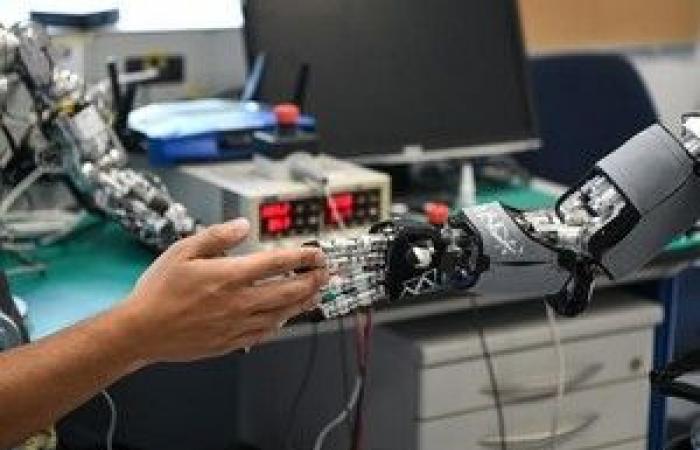In recent years our workplaces have undergone profound transformations. Digital tools, automation and algorithmic management are increasingly widespread in various economic sectors.
In the survey aimed at 18-year-olds which, in view of the European elections of 8 and 9 June, Europe Direct conducted together with Apice on a large part of the territory of the province of Cuneo, it was possible to note that one of the major concerns of the new voters is the world of work itself. The uncertainty about the future that this topic raises is undoubtedly also fueled by fear of the influence that technological progress will have on employment dynamics and how these will be reshaped.
What will the impact be on the composition of the workforce and what are the potential risks and opportunities for workers and businesses? And above all, how can we be best prepared for these changes?
The future of work is certainly not an apocalyptic scenario that will make human work obsolete, as demonstrated by the research conducted so far by Joint Research Center of the European Commission (Joint Research Centre) through The research agenda on the changing nature of work. On the contrary, LAutomation has been and will likely continue to be a gradual and incremental process through the integration of digital technologies with existing automation technologies, which will lead to improved workflows and processes.
LThe advent of automation is therefore not synonymous with the destruction of jobs. Any reduction in employment related to technological upgrading is often mitigated from the increase in productivityof the volumes produced and the emergence of new types of work. For this reason Investing in education and training and embracing lifelong learning is key for workers and employers to adapt to these changes.
One silver lining is that automating repetitive and strenuous tasks can reduce physical effort, fatigue and stress levelsresulting in creating safer and more comfortable working environments and allowing some workers to focus on more fulfilling tasks. For example, in the healthcare sector digital technologies could improve work coordination processesfreeing up time for care activities.
However, the increased pressure and pace due to automation and algorithmic management can have a impact on mental health and quality of workdetermining the need for specific measures to safeguard the well-being of workers. Furthermore, the reduction of workers’ autonomy is another concern, as tasks become more standardized and can potentially lead to workers losing agency. The dynamics of this evolving landscape need to be closely monitored so that EU institutions and European governments have robust evidence to support future policy decisions to reap the benefits of these technologies and protect workers.
The real challenge therefore consists in adapting to change: As digitalization, automation and algorithmic management become a reality in all workplaces, public and private sector leaders must pay attention to their human impact.
Ultimately, it’s about understand the direction of future changesincrease productivity and promote innovation, while protecting workers’ rights and ensuring a fair and inclusive labor market for all.
To learn more, please click here.



